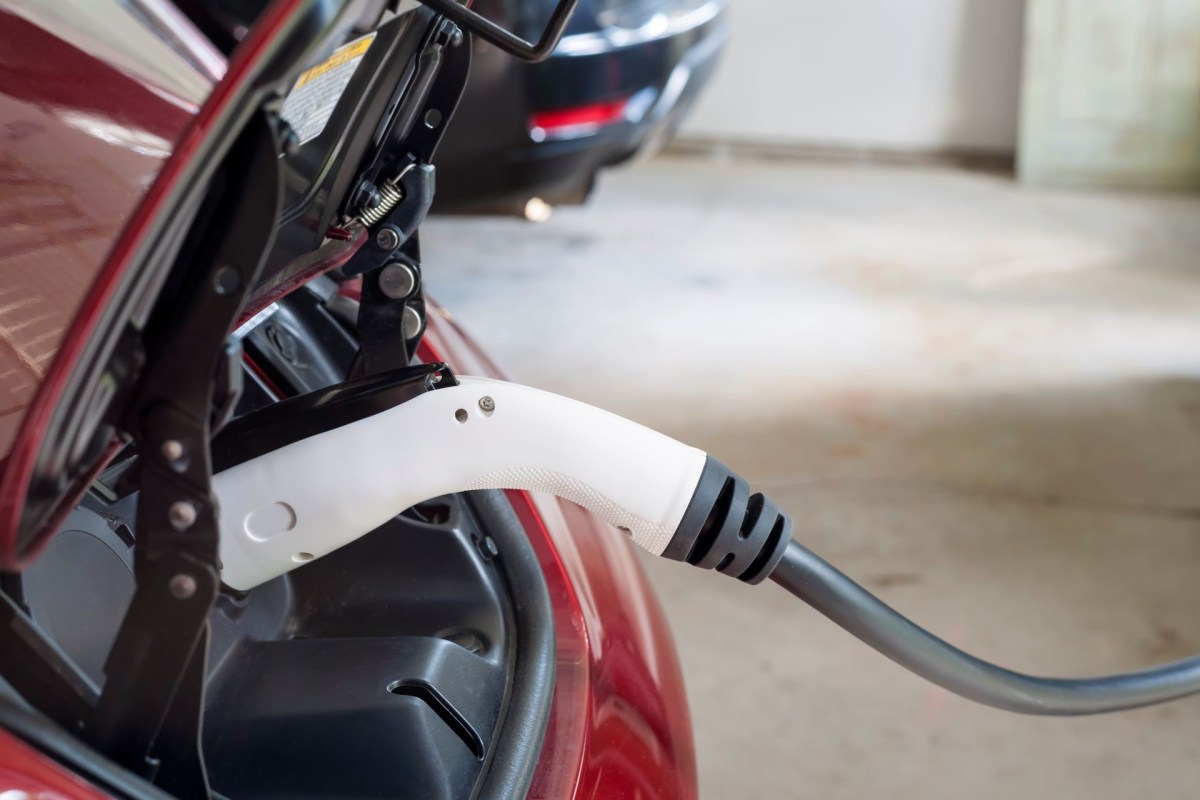An electric vehicle (EV) owner took to Reddit for help after their HOA tried to interfere with the installation of a charging station for their vehicle.
As EVs get more popular, they've become a battleground for homeowners coping with overbearing HOAs and landlords. Some organizations have banned electric cars and e-bikes from parking garages. Others have tried to capitalize on the situation with exploitative charger prices. One electric truck owner was even banned from parking his electric truck in his own driveway.
This Redditor says they're having the opposite problem. After recently purchasing a Tesla in a hurry, they want to install a charging station on their side of a shared garage.
"This outlet would only be connected to my breaker panel (with a 30A breaker) and the job would be done by a licensed electrician," they said in their post on r/electricvehicles. "I explicitly stated in my proposal that I would be responsible for all costs and that safety would be top priority."
But the HOA was skeptical of the proposal, citing concerns from board members about a potential fire hazard.
"One of them is pushing for the idea of installing the outlet outside the garage and having me charge in the driveway," the Redditor said. "Another board member would rather have me run an outdoor conduit for the wiring from my main breaker switch … to keep wiring hazard outside the building."
The original poster wondered if their HOA's concerns seemed "excessive." "Given how slow at responding the HOA is, I'm worried this might be a months-long deal," they added.
Luckily for this Redditor, the law is on their side. "Send them [this link] and then schedule the electrician," said one commenter.
The link in question leads to a page on the California Association of Homeowners Associations, Inc. website. The page contains only California's civil code on EV charging stations.
The law cited is clear: any HOA policy that interferes with installing a charging station, makes it more expensive to install, or lowers its performance, is void. "It is the policy of the state to promote, encourage, and remove obstacles to the use of electric vehicle charging stations," according to the state's code.
TCD Picks » Upway Spotlight

While EVs have gotten negative press due to rare high-profile fires, studies show that gasoline or diesel-powered cars are actually far more likely to catch fire.
EVs are about 0.3% likely to ignite, compared to a 1.05% likelihood for gas cars, the Boston Globe reported, citing data from the Bureau of Transportation Statistics and the National Transportation Safety Board.
A study from the Swedish Civil Contingencies Agency released in 2023 found that gas or diesel-powered cars are 19 times more likely to catch fire than EVs.
Some Redditors took exception to the debacle, with some pointing out that it is common to keep actual dangerous materials stored in one's garage.
"Do people keep gasoline in the shared garages? Propane? Lighter fluid? Fireworks? All of them are a higher fire risk than a properly installed EV charger," one commenter remarked. "All the incessant media coverage of the Bolt fires got a lot of people worked up. Looks like the HOA took it to heart."
"Running a stove/oven or a clothes dryer is more dangerous than charging an electric car in a garage," suggested another user.
Still, as the Boston Globe points out, when EV fires happen, they can be a "nightmare," as battery fires can take longer to put out.
As firefighters acclimate to the growing number of EVs in garages and on roads around the world, one British company is actively testing out a specialized fire truck that it claims can extinguish an EV battery fire with just a bathtub's worth of water.
Join our free newsletter for easy tips to save more, waste less, and help yourself while helping the planet.














